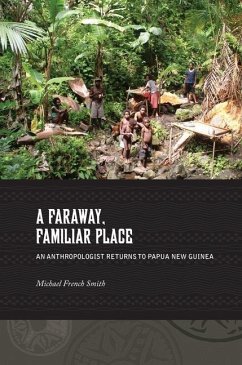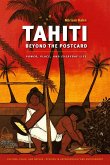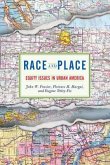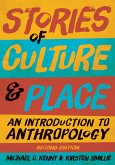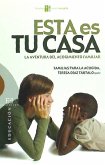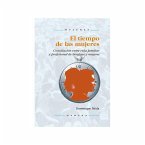A Faraway Familiar Place: An Anthropologist Returns to Papua New Guinea is for readers seeking an excursion deep into little-known terrain but allergic to the wide-eyed superficiality of ordinary travel literature. Author Michael French Smith savors the sometimes gritty romance of his travels to an island village far from roads, electricity, telephone service, and the Internet, but puts to rest the cliché of "Stone Age" Papua New Guinea. He also gives the lie to stereotypes of anthropologists as either machete-wielding swashbucklers or detached observers turning real people into abstractions. Smith uses his anthropological expertise subtly, to illuminate Papua New Guinean lives, to nudge readers to look more closely at ideas they take for granted, and to take a wry look at his own experiences as an anthropologist. Although Smith first went to Papua New Guinea in 1973, in 2008 it had been ten years since he had been back to Kragur Village, Kairiru Island, where he was an honorary "citizen." He went back not only to see people he had known for decades, but also to find out if his desire to return was more than an urge to flee the bureaucracy and recycled indoor air of his job in a large American city. Smith finds in Kragur many things he remembered fondly, including a life immersed in nature and freedom from 9-5 tyranny. And he again encounters the stifling midday heat, the wet tropical sores, and the sometimes excruciating intensity of village social life that he had somehow managed to forget. Through practicing Taoist "not doing" Smith continues to learn about villagers' difficult transition from an older world based on giving to one in which money rules and the potent mix of devotion and innovation that animates Kragur's pervasive religious life. Becoming entangled in local political events, he gets a closer look at how ancestral loyalties and fear of sorcery influence hotly disputed contemporary elections. In turn, Kragur people practice their own form of anthropology on Smith, questioning him about American work, family, religion, and politics, including Barack Obama's campaign for president. They ask for help with their financial problems--accounting lessons and advice on attracting tourists--but, poor as they are, they also offer sympathy for the Americans they hear are beset by economic crisis. By the end of the book Smith returns to Kragur again--in 2011--to complete projects begun in 2008, see Kragur's chief for the last time (he died later that year), and bring Kragur's story up to date. A Faraway Familiar Place provides practical wisdom for anyone leaving well-traveled roads for muddy forest tracks and landings on obscure beaches, as well as asking important questions about wealth and poverty, democracy, and being "modern."
Hinweis: Dieser Artikel kann nur an eine deutsche Lieferadresse ausgeliefert werden.
Hinweis: Dieser Artikel kann nur an eine deutsche Lieferadresse ausgeliefert werden.

